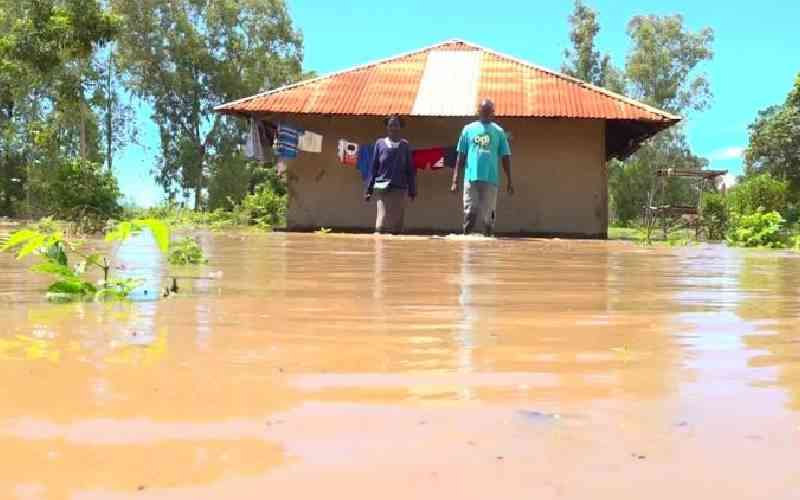×
The Standard e-Paper
Kenya’s Boldest Voice

At least 12 lives have been lost, and thousands of families find themselves displaced as heavy rains pound Western and Nyanza regions.
Migori emerges as the hardest-hit area, grappling with the aftermath of nine individuals drowning in separate incidents across Uriri and Nyatike constituencies over the past two weeks.